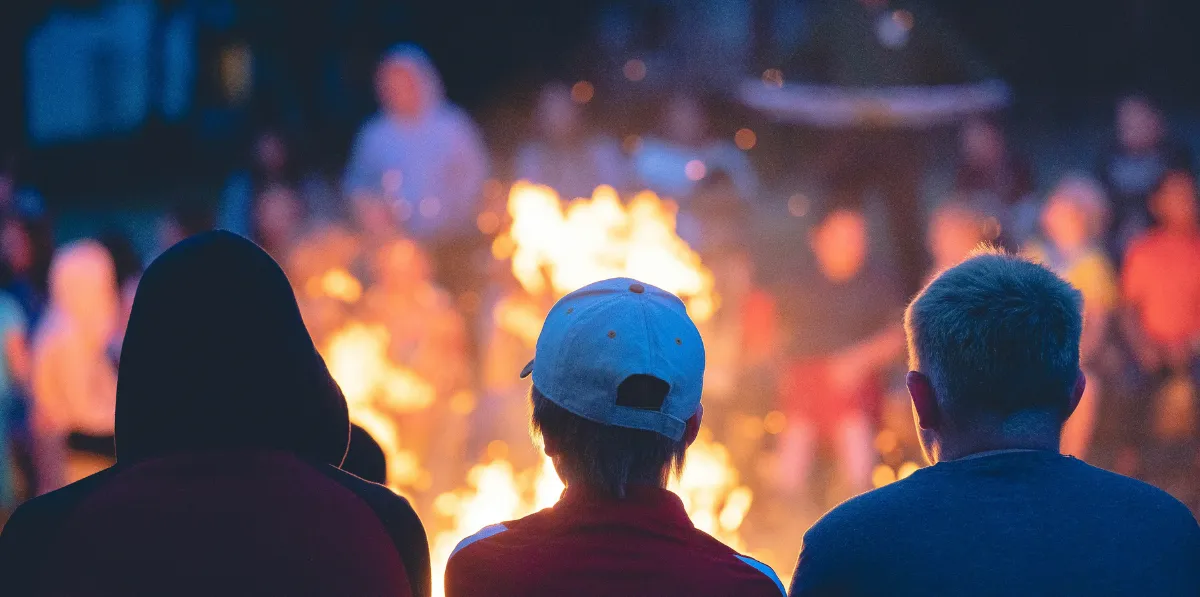
Bonfire Night and Veterans: Understanding Noise Sensitivity and Support
Every year, Bonfire Night brings families together across the United Kingdom. Communities gather to watch fireworks, enjoy displays and take part in a tradition that lights up the winter sky. For many, it is an evening filled with excitement and celebration.
For others, particularly some members of the veteran community, it can be a very different experience. Sudden loud bangs, rapid flashes of light and the unpredictability of fireworks can trigger intense emotional and physical reactions. Veterans with operational experience or trauma related to conflict zones may find this time of year challenging. The sights and sounds associated with fireworks can evoke memories that are difficult to manage, even decades after leaving service.
Why Bonfire Night can be difficult
During military service, personnel are often exposed to sudden loud noises, explosions and intense sensory environments. While these experiences may be part of the job, the body remembers them long after the uniform has been hung up. For some, fireworks resemble elements of training or operational settings. The suddenness and unpredictability of the sound, combined with the flash of light, can lead to heightened stress responses.
Not all veterans will find Bonfire Night difficult, but those who do often describe feelings of alertness, anxiety, or emotional discomfort. Some prefer to stay indoors with lights dimmed. Others make plans to stay with family or friends where they feel safe. None of these responses are weaknesses. They are natural reactions to past experience.
Recognising and supporting veterans
As a community, there are simple and thoughtful ways we can support veterans during this time of year. Awareness is the first step. Understanding that certain dates or events might be challenging allows us to approach them with compassion and sensitivity.
Practical steps that can help include sharing dates and times of local displays, offering calm spaces, encouraging open conversation and making time for veterans who may be feeling unsettled or reflective.
Self care strategies for veterans
If you are a veteran and find Bonfire Night difficult, planning ahead can help. Checking display times, speaking to neighbours if you feel comfortable, and preparing headphones, calming music or grounding techniques are useful options. Spending the evening with someone you trust can also provide reassurance.
A message of understanding and respect
Fireworks hold a special place in British tradition, but so do our veterans. Recognising that experiences differ is an act of respect. This is not about limiting celebration. It is about ensuring that every veteran feels seen, valued and supported.
Service stays with you. It shapes you. It builds resilience, but it can also leave marks that others might not see. If Bonfire Night is difficult, it does not diminish your strength or your service. You are part of a community that understands and stands beside you.
📞 Call us: 0800 776 5622
📧 Email:[email protected]
🌐 Learn more:www.justice4heroes.org
